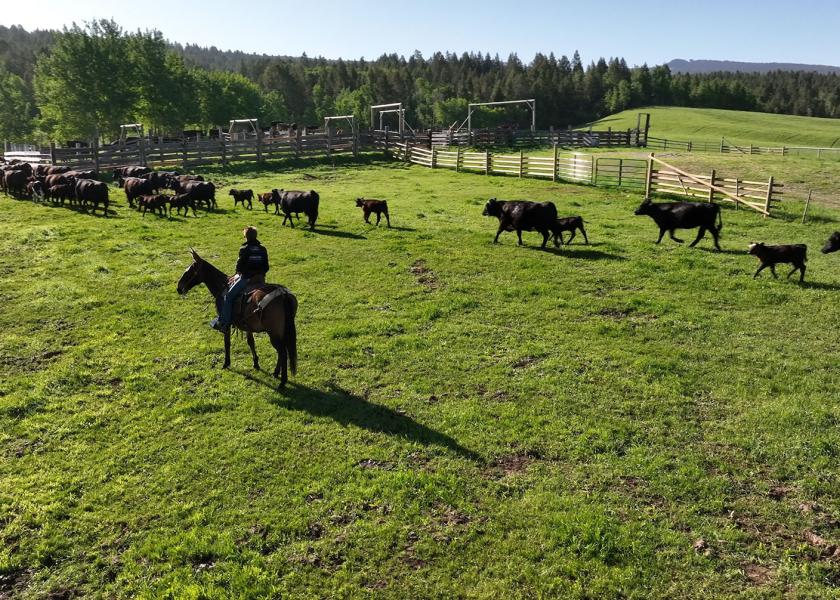Nalivka: Prepare for a Changing Beef Industry

Let’s begin with a statement from the final report of the United Nations’ recent COP23 conference in Dubai - “a pronounced focus on food, agriculture, and water, and filling gaps to 2030 in the context of climate change. The transformation of food systems is crucial to fulfilling the Paris Agreement.” Let me add that I am not a proponent of the UN. However, I believe that quote is a prophetic statement for the direction of global food production. The key word in this UN statement is “transformation.”
While the cattle industry concerns itself with producing a quality, safe product, marketing that product, managing the resources used to produce the product, and working toward a positive return, there are numerous decisions being made that impact all of the above, regardless of the decisions made by those in the industry. The most significant of these decisions to address climate change is whether we will reduce cattle grazing on public land or reduce the use of energy production from fossil fuels. Producing beef happens to rely on both. So, when I see statements concerning either of those, it is an immediate “heads up.”
There have always been environmentalists who have advocated against grazing and the cattle industry, but the battle will likely intensify four-fold over the next several years as climate change and carbon emissions become the priority as opposed to just protecting the environment. The cattle industry has long fought the latter, but climate change will require a much more focused approach toward education and public relations as the sentiment is strongly directed toward climate. In turn, the regulatory burden will increase which in turn will increase costs of production or in many cases, take cattle production out of the picture.
The human diet requires protein and beef is an excellent source of protein. Beef production is dependent upon cattle utilizing the grazing resource and in addition, energy is a primary input to agriculture. The beef industry and every cattle producer cannot be lax about telling their story. The beef industry and its contribution to food security is not easily understood by the average American which makes it imperative to be open and to build strong public relations. While I don’t agree with most of the climate change agenda, I am not writing to rail against climate change. What I am advocating for is the importance of defending a major U.S. agricultural industry producing an important source of protein for diets around the world.







